The spring machine is the same as our industrial equipment. It is necessary to do a good job of daily maintenance. Therefore, we must learn to apply lubricating additives and distinguish the effects of different additives to reasonably improve the application and lubrication level of the spring machine. Come to share the effect of the lubricating additives of the spring machine machinery and equipment.
The effect of lubricating additives for spring machine equipment
⑴Cleaning thickener. Detergent thickeners are used for acid-base compounds caused by the oxidation of synthetic oils, to prevent the acid-base compounds from deepening oxidation, to digest and absorb the particulate matter of the compounds, and to disperse them in the oil. Therefore, the conversion of the lacquer layer can be inhibited, and the carbon deposits and lacquer-like substances that have been converted can be cleaned from the stainless steel passivation without fouling or accumulation on the stainless steel passivation of the spring machine. This kind of detergent thickener is this kind of anti-oxidation, anti-corrosion, anti-wear and multi-efficiency additive. It is mainly used in gas turbine oil, and its usage currently accounts for about 50% of all lubricating oil additives.
⑵ Antioxidant additives. Antioxidant additives can prevent fuel oxidation and mildew. The addition of antioxidants to the grease can reduce the amount of co2 absorbed by the fuel, thereby greatly reducing the conversion rate of acid-base compounds produced by the grease and oxygen, preventing the oxidation-reduction reaction, and increasing the life of the fuel. Antioxidants should be used in greases that operate at low and medium temperatures, such as aviation hydraulic oil, turbine oil, gear oil, instrument panel oil, etc.
⑶ Tackifying additives. Tackifiers added to the oil can affect the viscosity of the grease. When the temperature rises, the molecular structure of the tackifier "stretches" up, avoiding a decrease in the viscosity of the grease. When the temperature is low, the solubility of the tackifier decreases, and the molecular structure has just begun to "curl up" into inseparable small clusters, so the effect on the viscosity is small, and the viscosity of the grease will not increase excessively at ultra-low temperatures.
⑷Oil-soluble additives. Oil-soluble additives are used to improve the wetting performance of the finished oil during boundary friction, maintaining the least damage and low friction effect. This kind of additives are all polar molecules, which are fixedly absorbed in the metal material to rub the surface layer to produce a firm oil film. The oil film is not easily destroyed when this product oil is under high working pressure, which improves the actual effect of limit lubrication. Oil-soluble additives usually work in limit lubrication, but cannot play extreme pressure lubrication.
⑸ Extreme pressure additives. The key to extreme pressure additives is organic chemical optically active compounds containing sulfur, phosphorus, and chlorine. These compounds do not have the effect of lubricating at room temperature. Under high pressure and high temperature, they will passivate with the stainless steel of the compression spring to produce relatively strong compounds membrane. It has a lower melting point than metal materials. When the temperature of the surface of the spring machine rises due to friction, this compound film melts and transforms into a smooth surface, which can reduce friction and damage. In addition, common additives also include anti-rust treatment additives, pour point depressants, anti-foaming agents, antioxidants and anti-corrosion additives.

TK-13200、 TK-7230 TK-13200、 TK-7230 12AXES CNC SPRING COILING MACHINE...
See Details
TK-13200、 TK-7230 TK-13200、 TK-7230 12AXES CNC SPRING COILING MACHINE...
See Details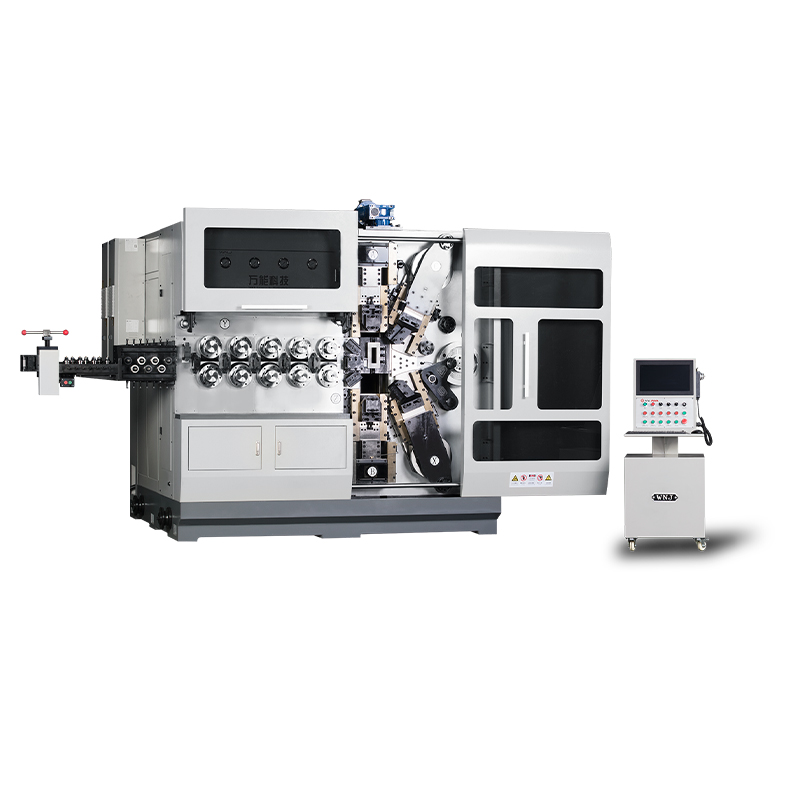
TK12120 TK-12120 12AXES CNC SPRING COILING MACHINE...
See Details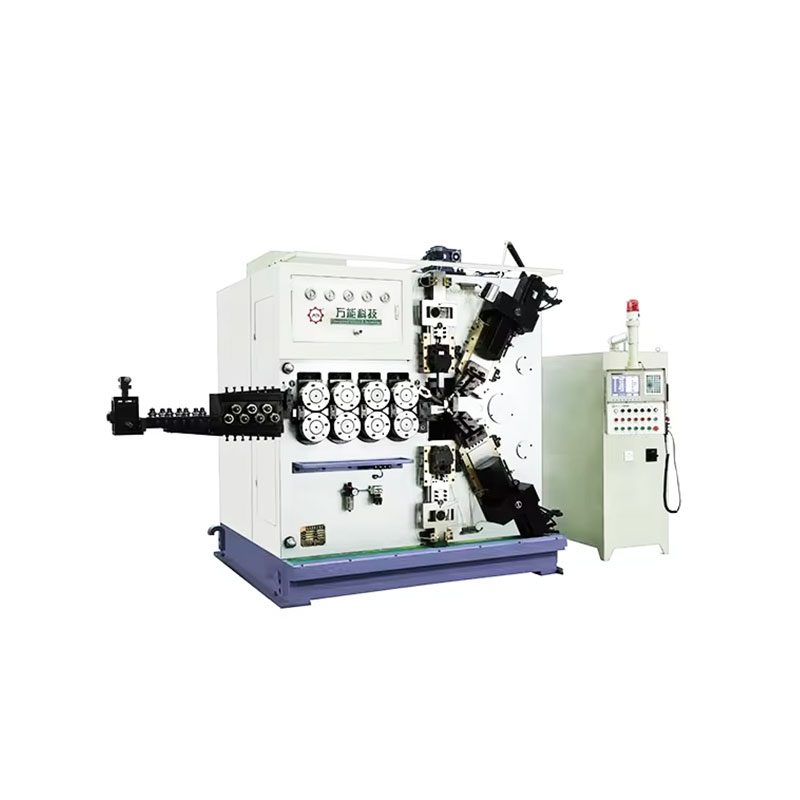
TK-6160 TK-6160 CNC SPRING ROLLING MACHINE...
See Details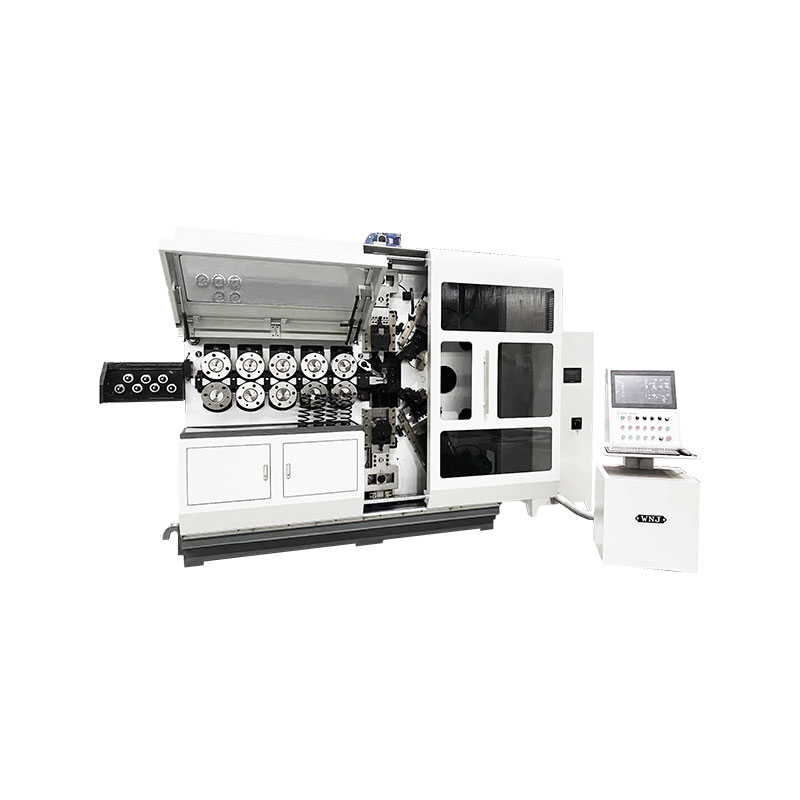
TK-6120 TK-6120 CNC SPRING ROLLING MACHINE...
See Details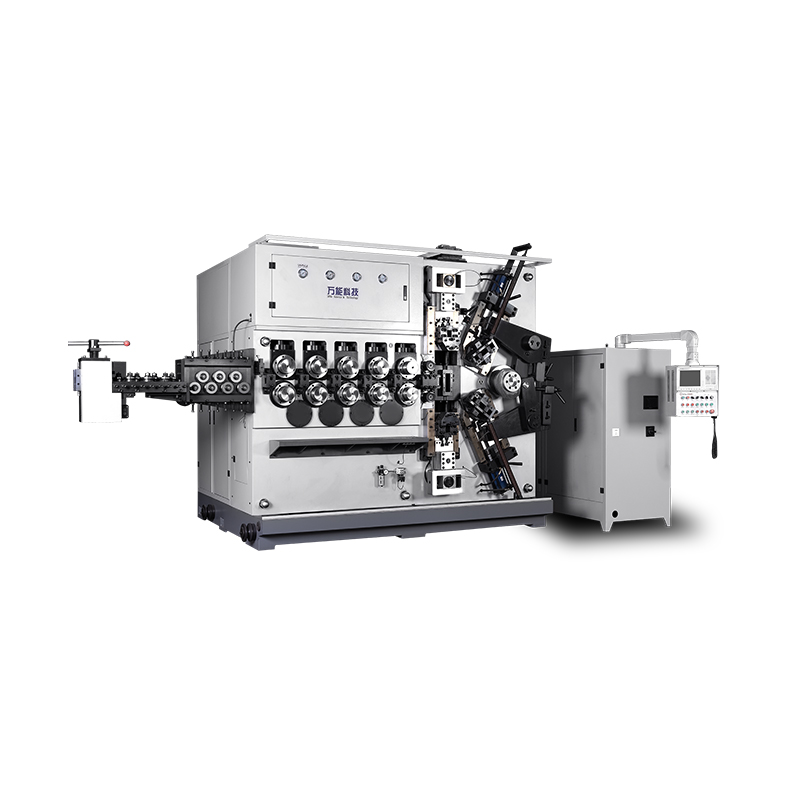
TK-5200 TK-5200 5AXES CNC SPRING COILING MACHINE...
See Details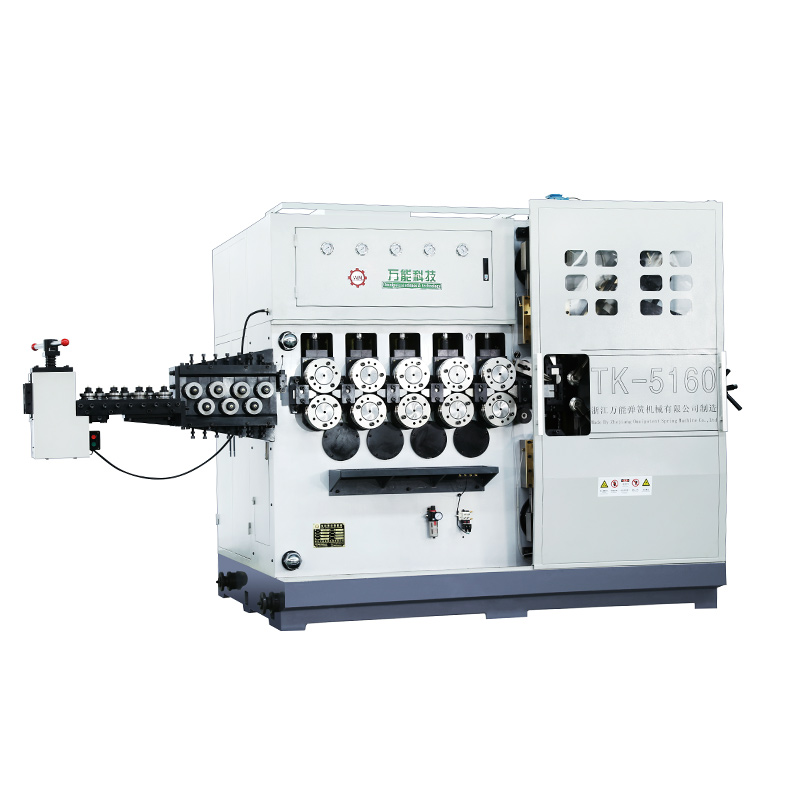
TK-5160 TK-5160 5AXES CNC SPRING COILING MACHINE...
See Details
TK-5120 TK-5120 5AXES CNC SPRING COILING MACHINE...
See Details